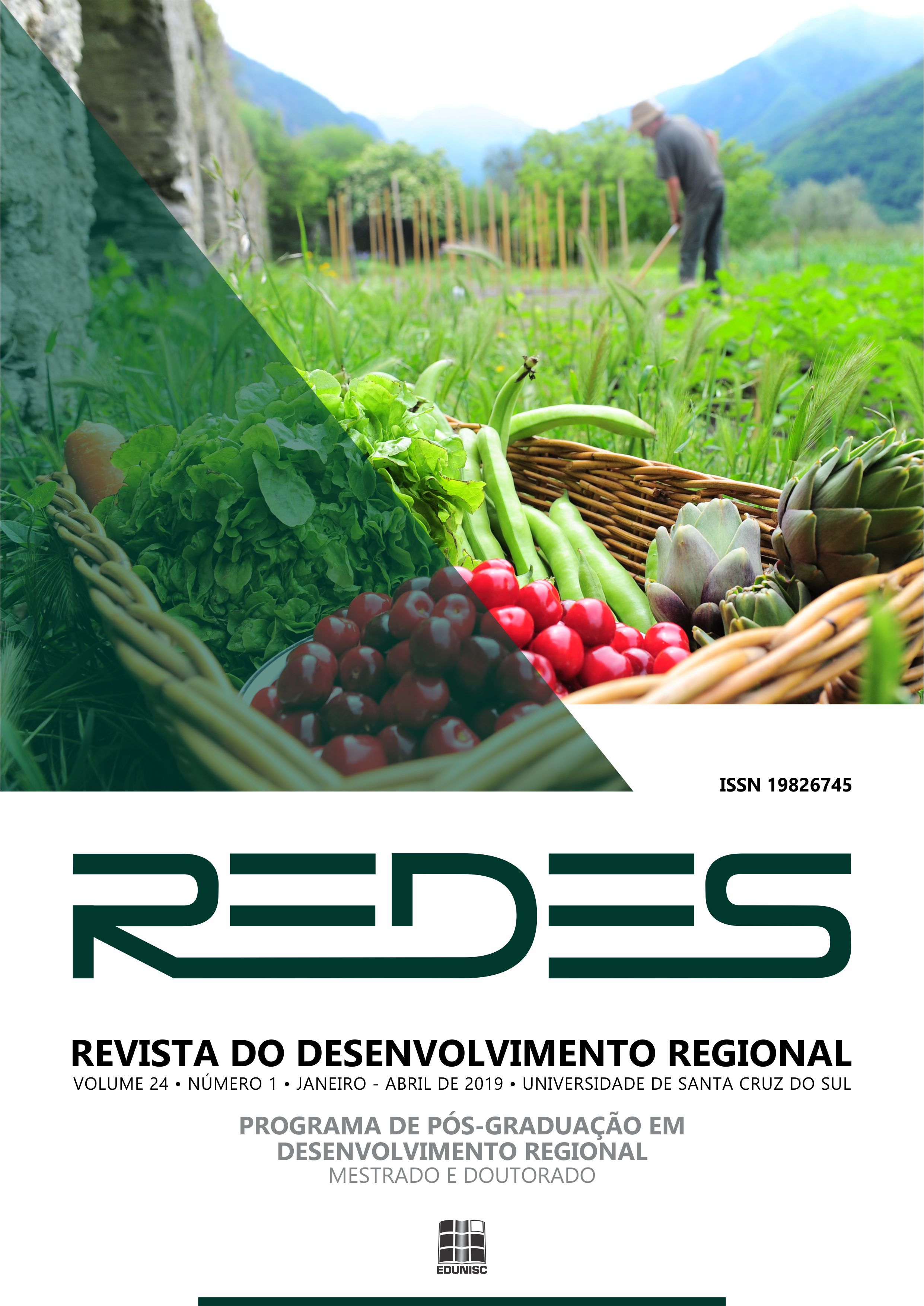Universities and the institutional food market: the University of British Columbia (UBC) example in Vancouver, Canada
DOI:
https://doi.org/10.17058/redes.v24i1.12858Keywords:
Institutional market. Community-Campus Engagement (CCE). Local agri-food systems. University of British Columbia (UBC). Sustainability.Abstract
Current problems such as climate change, the financialisation of basic goods (e.g., air, water, and food) and the paradox between hunger and obesity mean that significant public attention is focused on agri-food systems. Among the various actions that have sought to mitigate or solve these problems is the reorientation of institutional food markets. In this context, the present work aims to discuss food policies that have been implemented by the University of British Columbia (UBC) in Vancouver, Canada, due to the fact that it has among its main institutional objectives the link between its agrifood system and the sustainability. As a theoretical reference, the Community-Campus Engagement (CCE) approach is used since this allows for a systemic analysis of the interactions between academic institutions and local community. The methodological procedures employed included analysis of institutional documents, application of semi-structured interviews, and participant observation. We conclude that to asses UBC’s participation in the institutional food market one must consider the dialectic relationship between production, commercialization, and consumption, based on the institutions’ interactions with the local community.Downloads
Download data is not yet available.
Downloads
Published
2019-01-03
How to Cite
Coca, E. L. de F. (2019). Universities and the institutional food market: the University of British Columbia (UBC) example in Vancouver, Canada. Redes , 24(1), 45-61. https://doi.org/10.17058/redes.v24i1.12858
Issue
Section
Institutional Markets: Reconnecting Production to Consumption



